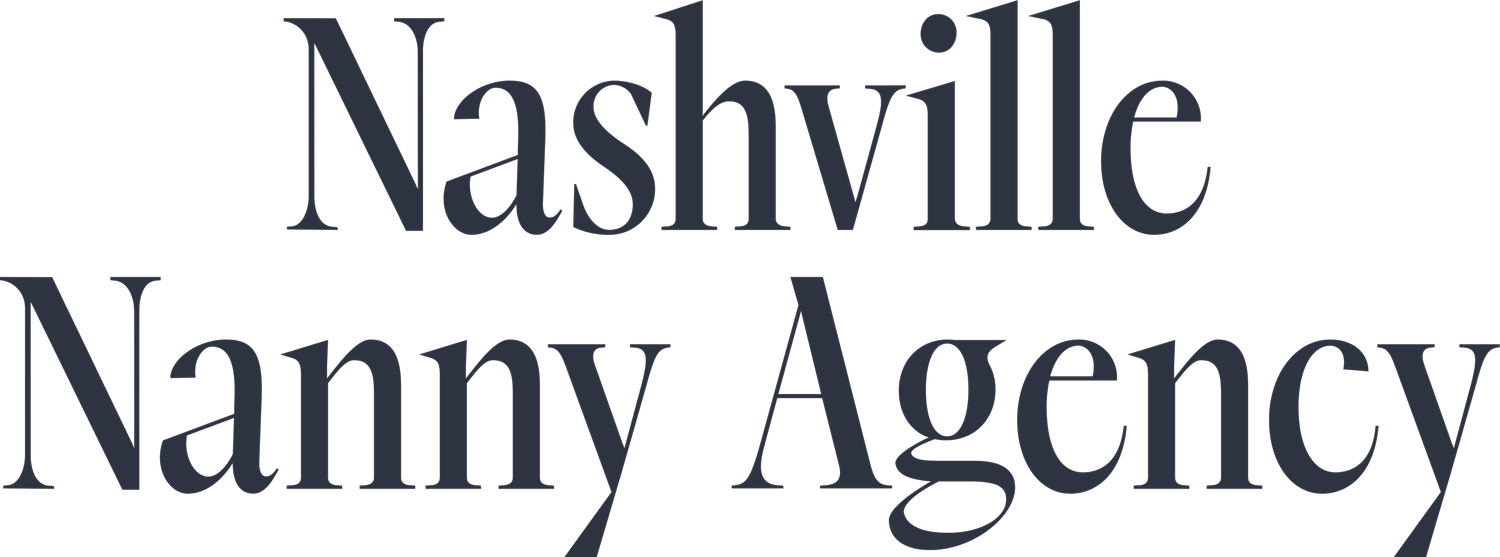what is your childcare philosophy?
As parents, choosing the right childcare philosophy is a significant decision that shapes the early years of a child's life. There is a diverse range of childcare philosophies, each offering a unique approach to early childhood development. Let's explore some of the top childcare philosophies and how you can determine which aligns best with your values and parenting style.
Montessori
Founded by Dr. Maria Montessori, the Montessori Method emphasizes a child's natural curiosity and desire to learn through hands-on experiences. In Montessori environments, children are encouraged to explore their interests at their own pace, fostering independence and a love for learning.
Reggio Emilia
The Reggio Emilia Approach originated in Italy and centers around the belief that children learn best when they can express themselves through various forms of art and communication. This philosophy values collaboration, creativity, and the environment as a third teacher, alongside parents and educators.
Waldorf
Steeped in the philosophy of Rudolf Steiner, Waldorf education focuses on nurturing a child's spiritual, emotional, and intellectual well-being. This approach often incorporates arts, movement, and a connection to nature, aiming to develop well-rounded individuals with a deep appreciation for the world around them.
Play-Based
This philosophy recognizes the importance of play in a child's development. Play-based learning encourages children to explore, experiment, and discover through games and activities. It fosters social skills, problem-solving, and creativity while maintaining a child-centered, enjoyable environment.
Traditional
This more structured approach places a strong emphasis on discipline, rules, and authority. It often involves clear expectations and consequences, aiming to instill respect and responsibility in children.
How to Determine Your Childcare Philosophy:
1. Reflect on Your Values
Consider your beliefs about education, discipline, and the role of creativity in a child's life. Your values will play a crucial role in aligning with a particular philosophy.
2. Observe Your Child
Pay attention to your child's interests, learning style, and social interactions. Understanding your child's unique characteristics can help you choose a philosophy that supports their individual needs.
3. Research
Explore centers that align with different philosophies, read books, listen to podcasts, or watch Youtube videos about each philosophy until you find the one that best aligns with your family.
4. Consider Flexibility
Recognize that your parenting philosophy may evolve over time. Be open to adapting and blending different approaches based on your child's changing needs.
Choosing a childcare philosophy is a personal journey that requires thoughtful consideration. Whether you resonate with the child-led principles of Montessori, the artistic focus of Reggio Emilia, or a more traditional approach, the key is to find a philosophy that aligns with your values and meets the unique needs of your child.
